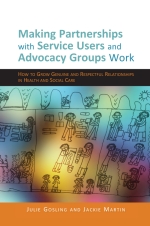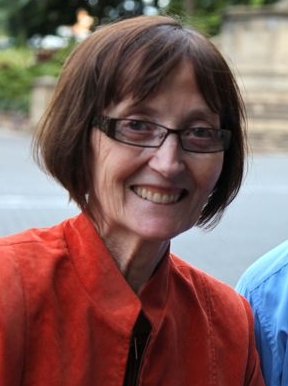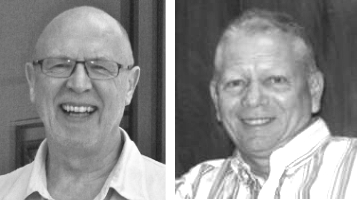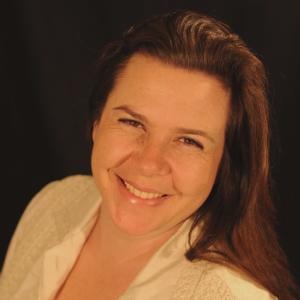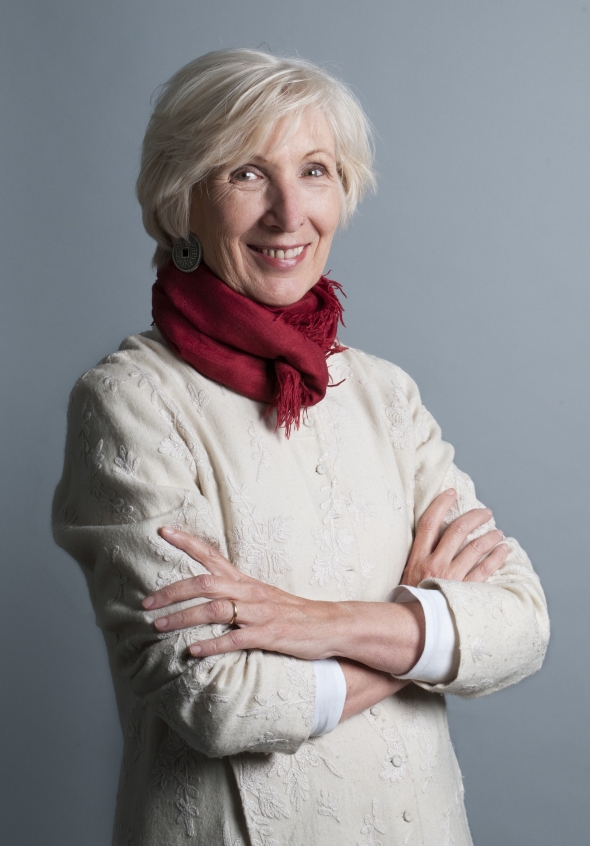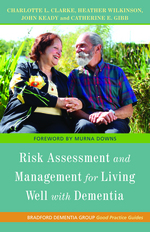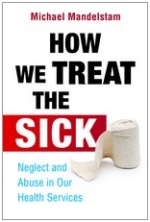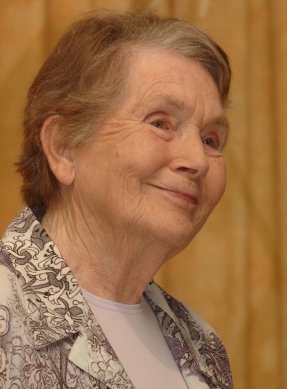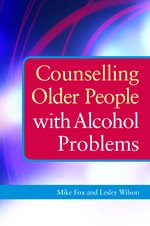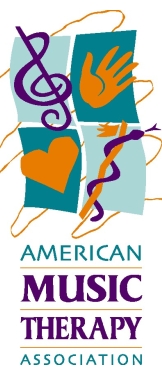‘Growing spaces’ as a way of understanding and developing genuine partnerships – An Interview with Jackie Martin and Julie Gosling
“I think that service users can give a perspective which can be lost without their inclusion. Service users can help to cut through some of the professional ‘jargon’ which excludes people, even other professionals sometimes. Professionals are often under considerable pressures to meet targets or stay within budgets, and even with the best will in the world they can start to lose sight of why they came into the profession in the first place. Service users can help to keep that perspective and keep values sharp.”
